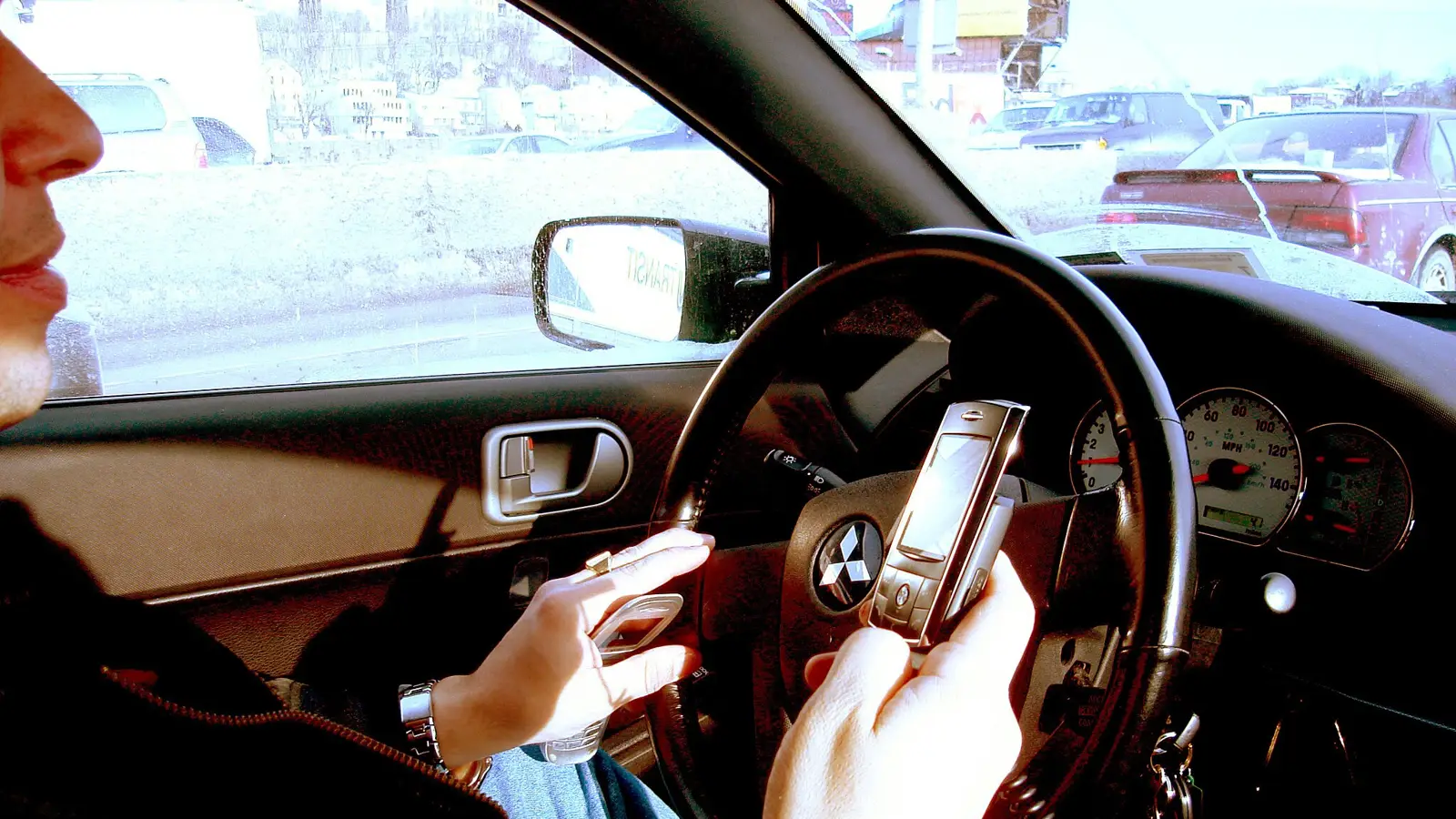Netherlands insurers cancel coverage for distracted drivers

Dutch insurers now void car insurance if drivers crash while using phones. Learn how this policy could reshape road safety and fleet management in Europe.
In recent months, the issue of mobile phone use while driving has taken a sharp and troubling turn. In the Netherlands, several major insurance providers — Interpolis, Centraal Beheer, FBTO, and Inshared — have implemented a bold new policy: if a driver causes an accident and is found to have been using a phone at the time, their insurance coverage is voided. All resulting costs — from vehicle repairs to personal injury compensation — fall squarely on the driver’s shoulders.
This approach equates phone use behind the wheel with driving under the influence of alcohol or drugs. What was once a matter of fines has now escalated into something far more serious. In the worst cases, drivers could face financial ruin.
The move has sparked considerable debate in the Netherlands, where Interpolis’s Mobility Barometer shows that 75% of drivers admit to using their phones on the road, and one in four have even taken photos while driving. Despite growing awareness of the risks, behavior hasn’t changed significantly. Insurers are now turning to financial deterrents: the threat of being left alone with a mountain of liability could be enough to break the habit, even for the most confident drivers.
So far, these measures have only been implemented in the Netherlands, but experts suggest other EU countries may follow suit. The infrastructure is already in place — in the UK, for example, AI-powered cameras capable of identifying distracted drivers are currently being tested.
It’s worth noting that these rules primarily target private individuals, not fleet drivers. Still, employers would be wise to review their insurance policies and clearly communicate expectations to staff. Even if fleets are not yet directly affected, these precedents could shape future standards across the industry.
Ultimately, the conversation is shifting — not just legally but ethically. What was once considered a minor infraction is fast becoming a potentially catastrophic decision with severe legal and financial consequences.
Mark Havelin
2025, May 22 12:54


